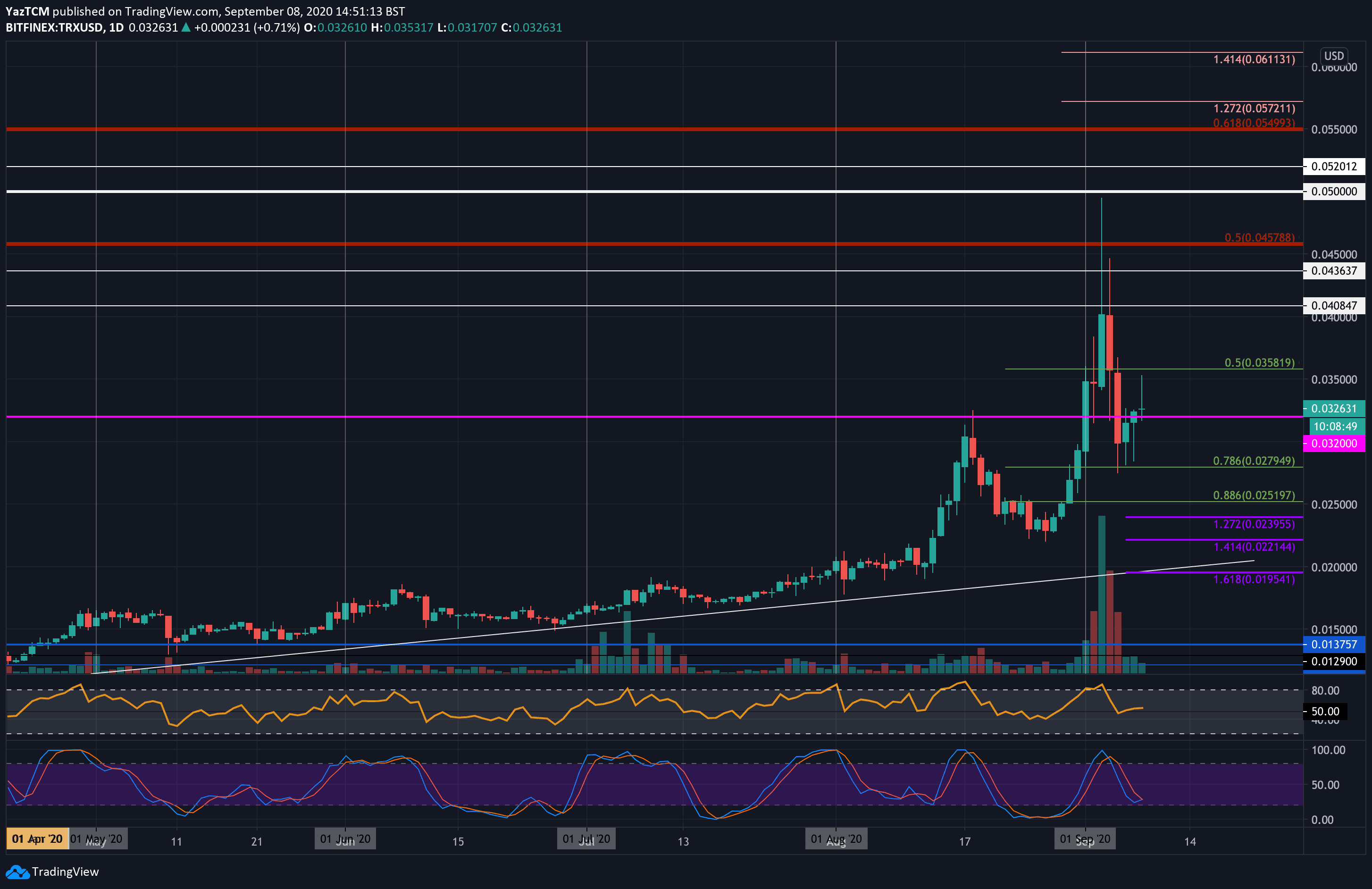Do Bitcoin Trackers Help or Hurt Adoption?
Summary:
- Bitcoin trackers enable users to find the exact source of a Bitcoin that is being sent or received on the blockchain.
- The tracker aims to offer more peace of mind to investors, regulators and the general public, and also to help Bitcoin achieve mass adoption.
- However, does reducing privacy and increasing censorship for specific Bitcoin addresses alienate those who would be attracted to using cryptocurrencies?
Bitcoin trackers work by finding the exact source of a Bitcoin that is being sent or received on the blockchain. Currently, it is difficult for crypto users to track the origin of addresses that they send coins to and receive coins from. For extra cautious retail investors, or institutions seeking to adopt crypto in the most regulatory compliant manner possible, this can pose a problem if they are unable to filter out addresses that may be associated with fraud or other criminal activity.
Companies like LongHash have developed a Bitcoin tracker in hopes that it will “offer more peace of mind to investors, regulators and the general public,” ultimately making it easier for cryptocurrencies to achieve mass adoption.
Their main argument is that “Bitcoin transactions are pseudonymous, which makes them attractive to criminals,” so they wish to solve this problem by providing more transparency through their tracker.
The tracker allows users to dig deeper into the background of a bitcoin address to find information like balance, sent and received amount and transaction history. Addresses are then provided a rating based on an analysis of their transaction history and the other addresses it sends and receives money from.
“If we find, for example, that an address is transacting with another address that is affiliated with crime, the first address will get a lower rating. The higher the address rate, the more trustworthy the address,” says the company.
An ideal solution for adoption or alienation?
The LongHash team correctly assumes that those who are interested in privacy and censorship resistance will not want anything to do with their tracker, but is it possible that this demographic is actually the majority of cryptocurrency users?
In LongHash’s pursuit to ‘purify’ the crypto market by providing a tracking service, they may be alienating the majority of people who would ever be interested in using cryptocurrencies in the first place. After all, if a user is so concerned with tracking details about the addresses they are transacting with, why not just send money through a Bank or some other traditional financial service?
Furthermore, their claim about the pseudonymous nature of Bitcoin making it more attractive to criminals is merely false. As many recent reports have suggested, cash is still king when it comes to illegal transactions, and any criminal transactions that did occur on the blockchain have decreased dramatically since the crypto space gained more awareness over the past two years.

Conclusion
Bitcoin tracking companies like LongHash may be overlooking the importance of privacy and autonomy in attracting new users to the crypto space. For these reasons, it will be difficult for the company to grow usage of their tracker beyond a few institutions who also believe the only way to mass adoption of cryptocurrencies is to reduce privacy and increase censorship for specific addresses.
The post Do Bitcoin Trackers Help or Hurt Adoption? appeared first on CryptoPotato.









